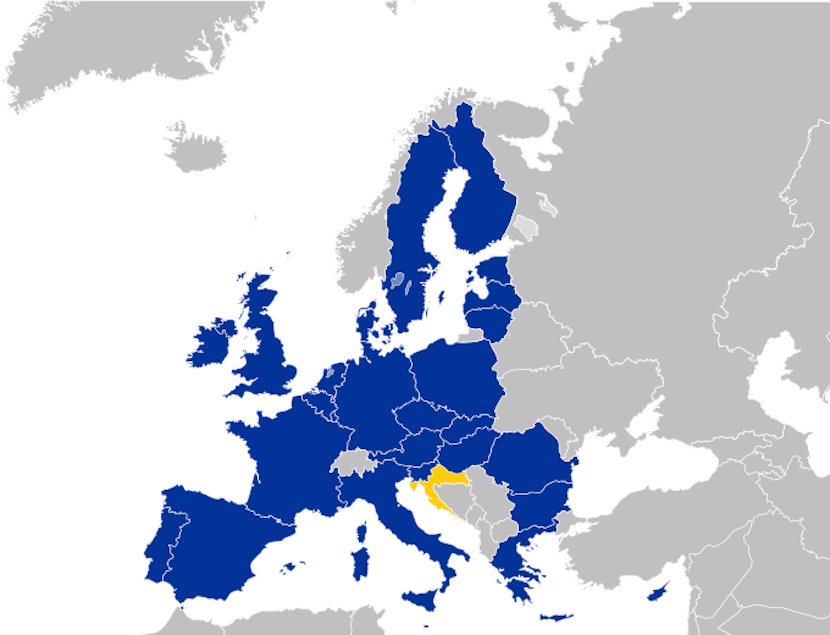
Members of the European Commission met last Wednesday to discuss the draft rules aimed at the project to eliminate the tariffs of roaming in the European Union as of June 15, 2017.
The Commission communicated that it is determined to end the roaming that are commonly billed by telephone companies when a customer calls, sends text messages or uses data transfer on their mobile device outside of their country of residence in the European Union. This is further subject to controls provided for abusive use. European regulators have proposed a 'roaming like at home ', a solution that would allow travelers to call, text and surf the web on their mobile devices in the European Union outside their own country at no additional charge. They would only face the price they already pay at home. This measure would not be intended to be used for permanent roaming.
The measure in question is aimed at people traveling in the European Union for work or leisure. "They spend more time at home than abroad and make use of most of their calls, text messages and data in their home country," the Commission explained. For example: with his monthly contract of € 70, a Dutch citizen enjoys unlimited calls, text messages and data on his smartphone in his country. When you travel abroad on vacation, you would have unlimited calls and messages. For data, you would receive double the equivalent of the € 70 value of the data in the global data roaming wholesale price, that is, € 70 of data at the established rate of 0,85 cents / MB, according to the proposal of the Commission wholesale. This would be a data rate of more than 16GB in this case. When roaming you will get double the volume you have paid for.
The latest draft of the project clarifies even more consumer rights, such as ensuring that customers who abuse a company's roaming policy are not subject to intrusive background checks and therefore a minimum warning period of 14 days would be established. before higher roaming charges can be imposed on these customers that exceed reasonable usage. The revised standards also provide guarantees for companies to remain competitive. Clients can request proof that they live or have 'stable' ties to a particular country so that the roaming like at home »is included in your contract. In the event of excessive roaming, it is established that a warning message and / or extra charge charge be sent.
If, over a period of 4 months, the billing data suggests that a consumer has been abroad longer than at home and consumes more data while traveling in the European Union than at home, the operator can send a warning message . This message would warn consumers that they would have two weeks to inform their operator about their real situation or to change their travel or rate usage patterns. Only a small billing charge could be applied in this case.
The proposed surcharges for customers in excess of fair use are € 0.04 / minute per call; € 0,01 per text message and € 0,0085 per MB for data. The bill has already been sent to the representatives of each member state of the European Union, who will meet on December 12 to vote on the text. Subsequently, the European Commission may adopt the rules. The states that will adopt this measure and that are members of the EU are Austria, Belgium, Bulgaria, Croatia, Cyprus, Czech Republic, Denmark, Estonia, Finland, France, Germany, Greece, Hungary, Ireland, Italy, Latvia, Lithuania, Luxembourg, Malta, the Netherlands, Poland, Portugal, Romania, Slovakia, Slovenia, Spain, Sweden and the United Kingdom.
In September, the European Commission said the government agreed to its proposal to end roaming charges in Europe. This week, the Commission said it will be firm to ensure that an agreement is reached as soon as possible.